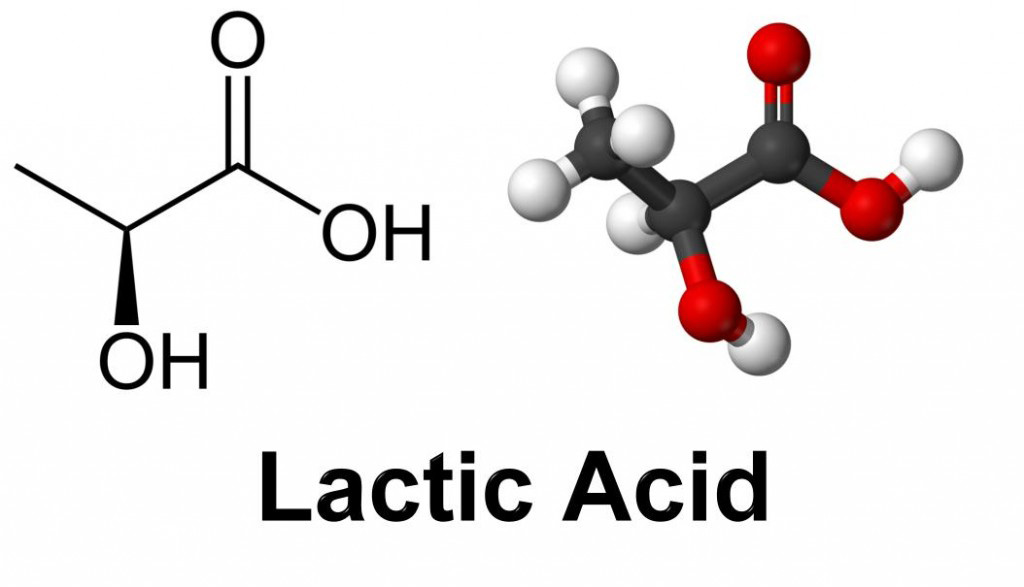
What is Lactic Acid and How Can I Control It?
Monday, September 26, 2016
Lactic Acid is a chemical made out of carbon, oxygen and hydrogen and Lactate is the related substance your body produces when a high level of Lactic Acid is present in your muscles.

Scientists know that Lactic Acid isn't the cause of tiredness, but a substance that helps to prevent it. So first of all Lactic Acid:
- doesn't cause burning pain in the muscles during exercise
- doesn't cause muscle soreness in the following days
- isn't a waste product
What does it do?
In fact, Lactic Acid production is an important way to keep your body going when it's under physical stress. The body uses it to make an extra source of fuel/energy and when damaging levels of hydrogen build-up, Lactate transports it away from the muscle cells. This stops the negative effects of hydrogen.
Where does it come from?
Lactic Acid is produced as a result of hard work by the muscles and when you're running or cycling hard, your body produces too much to be removed quickly. While this sounds like a bad thing, it's actually a sign that your body is trying to create extra energy so you can continue using the affected muscles.
What really causes the pain?
However, when levels get too high, a chemical reaction occurs with other chemicals in the body, creating too much acidity. Some scientists think that it's this chemical reaction that actually causes muscle inflammation and the pain in your nerve endings.
So the real cause of delayed onset muscle soreness or DOMS is the acid damage, which your body repairs during the next few days.
How can I avoid the pain?
Easy, you just have to increase your training time! Your aim is to saturate your muscles in Lactic Acid. This teaches your body to produce more of the alkaline buffering substance that neutralises its acidity. Over a period of time, this will stop you feeling the burning pain and allow your muscles to work longer and harder.
You can start to build up a resistance to Lactic Acid by working out at a medium intensity during your training sessions. This means you'll be working just hard enough to get your heart pumping fast and your lungs working a little harder.
Don't be tempted to build up your training time quickly or push yourself too hard. Easy does it, to get the best results.
